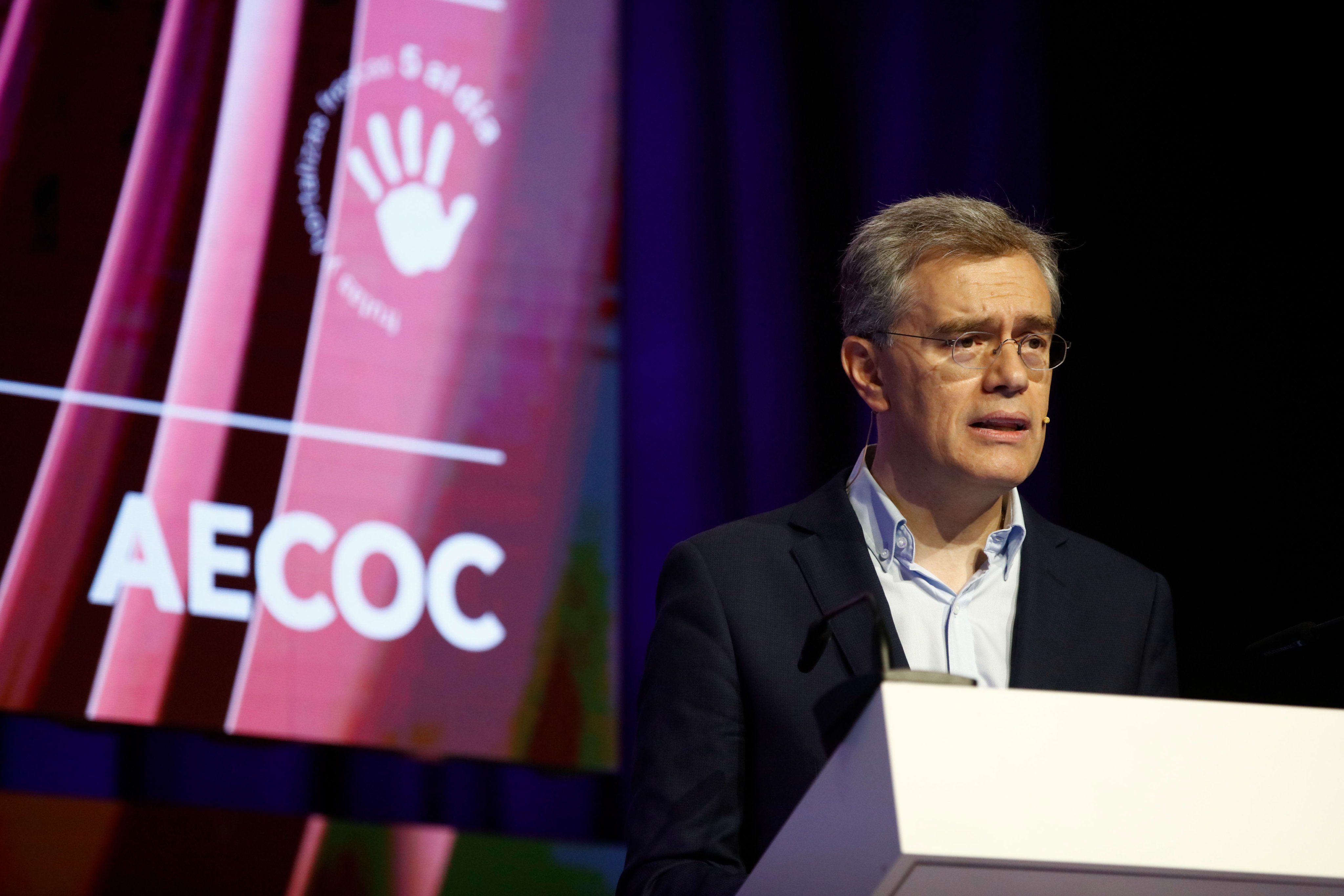Spain’s consumption of fruits and vegetables falls 3.6% at start of 2023
The decline in the consumption of fruit and vegetables has softened in 2023, according to data presented by NIQ at the 25th AECOC Congress on Fruit and Vegetables. Between January and April, the sales volume of these products fell by 3.6%, compared to the decrease of 4.3% registered in 2022, in a markedly inflationary scenario.
In the case of fruit, the drop in sales volumes has gone from 5.3% in 2022 to 2.8% in these first four months of the year, while the fall in vegetable consumption went from 3.1% to 2.8% over the same period.
The NIQ report shows that the most consumed fresh fruits in Spain are oranges (18.1% of the total volume), bananas (16.1%), apples (10.3%) and watermelon (7.6 %). These four foods account for more than 50% of fruit consumption in the country.
The data also show the influence of price increases on the consumption of these products. The most illustrative case is that of watermelon, which in the last 12 months recorded increases in value of 72%, which translated into a 22% decrease in purchase volume. However, in the first months of 2023, the price has risen by 7% and consumption is up by 89%. As for bananas, the price has fallen by 10.5% since the start of the year, leading consumption to grow by 6.8%.
In the case of fresh vegetables, potatoes (25.8%), tomatoes (16.5%) and onions (9.6%) are the drivers of consumption in the category.
Value beyond price
During the congress, the results were presented of the latest study on fresh product consumption by AECOC Shopperview in collaboration with MeléndezxFrescos, which show a demanding consumer when buying fruit and vegetables.
Thus, despite the fact that 76% of those surveyed admit that they now pay more attention to the price of fruit and vegetables and 52% look for more offers and promotions, there are other decisive aspects when purchasing these products. Around 58% declare that they prioritise seasonal products, 48% value the appearance and smell of food, and 39% pay attention to prices.
“In the current context of inflation, the price conditions purchase decisions, but the consumer of fruit and vegetables is demanding and, in many cases, is willing to pay more for local, organic or sustainable products,” said head of AECOC Shopperview studies Marta Munné.
New moments of consumption for fruits and vegetables
The congress also presented the vision of producers and distributors of the sector, who evaluated the trends in the consumption of fruit and vegetables. Florette’s sales director, Fermín Aldaz, and Carrefour’s greengrocers director, Víctor José Ayllón, agreed that savings, bulk formats and distribution brands are gaining importance in a context in which the consumer prioritise savings.
In the analysis of the growth levers of the sector, Aldaz looks for new moments of consumption, such as breakfast. “Fruits and even vegetables must be present at times when they did not appear before,” said Aldaz.
Ayllón assessed the growing importance of sustainability for consumers. “When we talk about sustainability, we think of packaging, but there are also issues such as the rational use of water for food production or the social conditions of workers in the sector, and we must value products and brands that work well on these axes,” he said.







